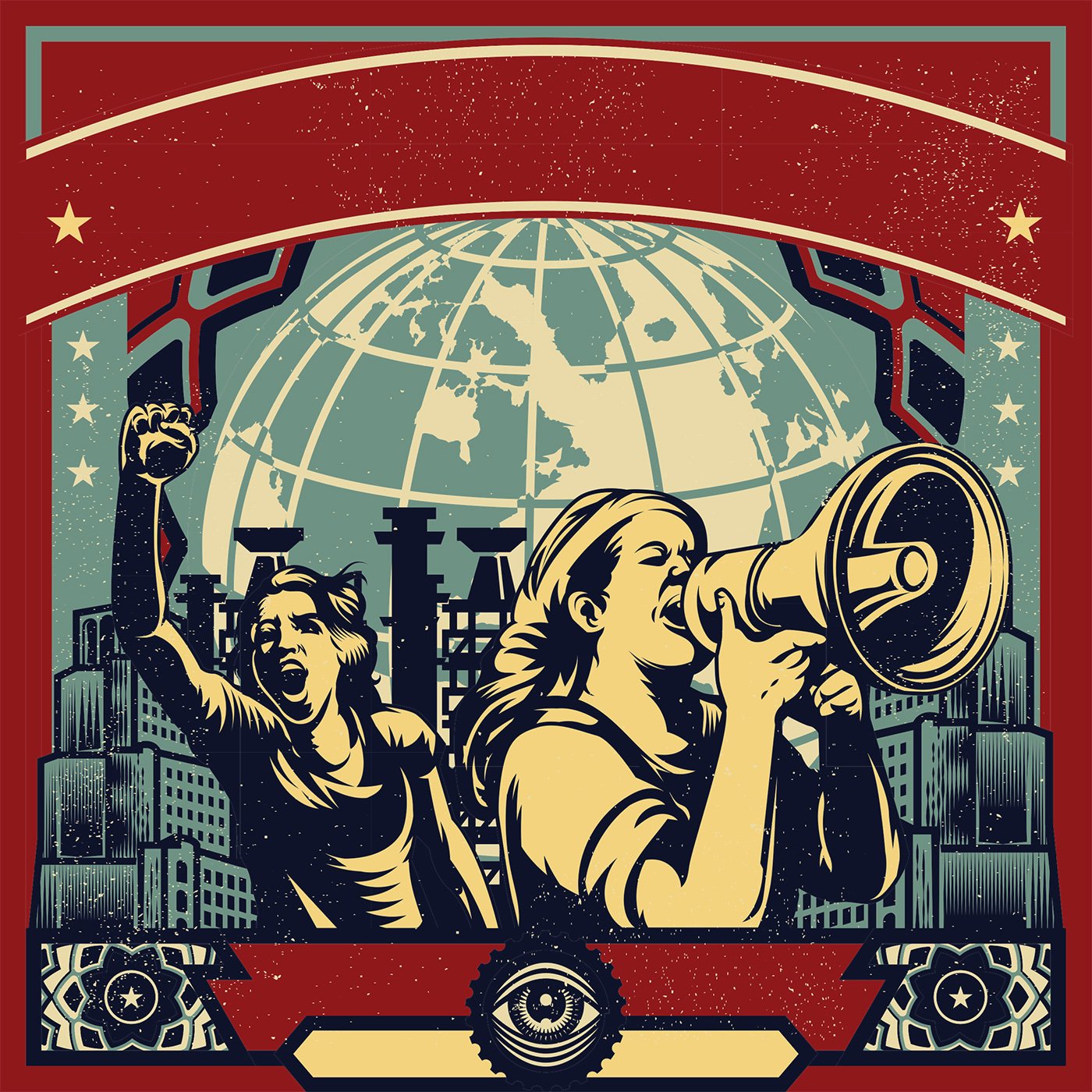
WHRIN is a global platform to expand harm reduction approaches for women and gender diverse people.
More Info
WHRIN is a global platform to expand harm reduction approaches for women and gender diverse people.
More Info
A significant proportion (ranging from at least 15% up to nearly half depending on country/region) of all people who use drugs in the world are women. Women who use drugs tend to be even more overlooked than their male counterparts, with related research, services, guidelines, training programs and data collection generally mainstreamed into a male context. Many women report that they feel excluded from existing harm reduction activities, especially those who are pregnant or who have children, transgender women, sex workers and incarcerated women. There is also a glaring paucity of responses addressing the sexual and reproductive health needs of women who use drugs. The absence of appropriate policies and services is even more marked in global south countries, where violations of the rights of women who use drugs are common occurrences.
Women who use drugs along with members of the international harm reduction community have recognized that there is a need to establish a mechanism to focus on gender responsive harm reduction services. This groundswell led to the development of the Women and Harm Reduction International Network (WHRIN), formed in 2009 and led by women who use drugs. The goal of WHRIN is to improve the availability, quality, relevance and accessibility of health, social and legal services for women who use drugs. WHRIN is a network for women who use drugs and those who are involved in harm reduction to ensure that national, regional and international implementers and other bodies have policies and programs which promote and support harm reduction services that reduce the adverse health, social, and economic consequences of drug prohibition for women
To improve the availability, quality, accessibility and relevance of health, social and legal services for women and gender diverse people who use drugs.
The vision of WHRIN is that all women and gender diverse people who use drugs have dignified lives, enjoying unimpeded access to quality health services and attainment of human rights

Build the network and movement
Developed alliances framed in intersectional values and approaches
Strengthen the movement by building capacity
Advocate for non-discriminatory gender responsive and rights-based harm reduction service development and provision
Generate evidence and disseminate best practices